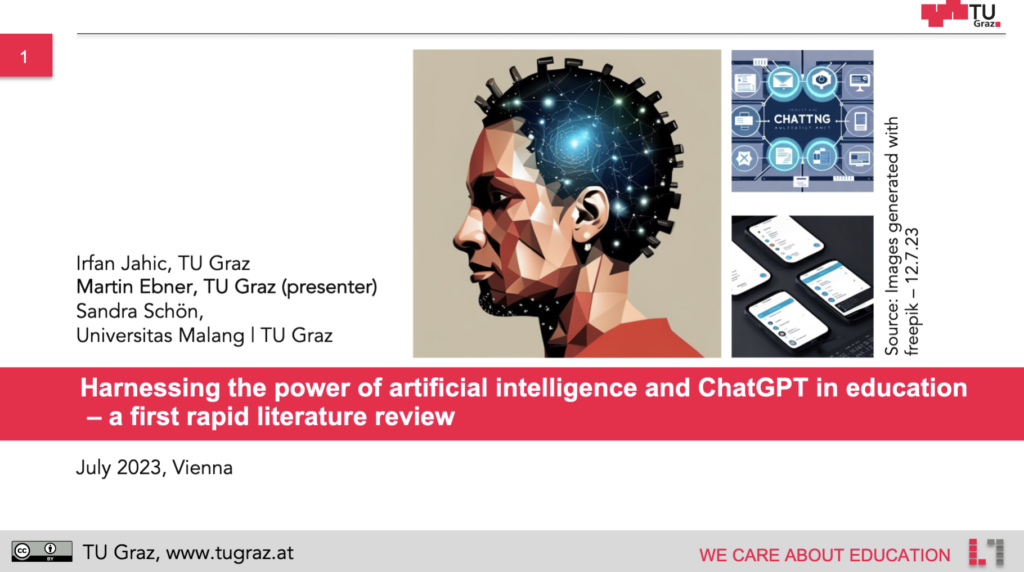Our article titled “The Analysis of Learning Management System towards Students’ Cognitive Learning Outcome” got published in the Journal of Emerging Technologies in Learning (iJET).
Abstract:
The purpose of this study was to determine the implementation of the moodle and edmodo learning management system (LMS) in education, to identify the specific features of the LMS that were utilized in the learning process, and to assess the impact of the LMS on student learning outcomes, drawing on cognitive learning theory. The research method is a systematic literature review (SLR) using the Scopus and Taylor & Francis databases, guided by the PRISMA (preferred reporting items for systematic review and meta-analyses) protocol, to analyze the data. The validity of the study was tested using the Gregory test with four expert examiners, namely an SLR expert, an LMS expert, and experts in cognitive learning outcomes. The results of the electronic database search focused on articles related to LMS implementation, LMS features, and student cognitive learning outcomes. This systematic literature review identified four key stages that serve as indicators of LMS implementation: 1) introduction, 2) registration, 3) learning materials, and 4) evaluation (assessment or feedback). The LMS features used in learning are grouped into four sections: communication features, course content features, course delivery features, and assignment features. The findings of the literature review indicate that the implementation of LMS and the features utilized in the learning process have an impact on various aspects of learning. These include learning satisfaction, engagement, learning experience, comfort, effectiveness, motivation, and the improvement of student learning outcomes.
[full article @ journal’s homepage]
[full article @ ResearchGate]
Reference: Aulianda, N., Wijayati, P. H., Ebner, M., & Schön, S. (2023). The Analysis of Learning Management System towards Students’ Cognitive Learning Outcome: A Systematic Literature Review. International Journal of Emerging Technologies in Learning (iJET), 18(23), pp. 4–26. https://doi.org/10.3991/ijet.v18i23.36443






